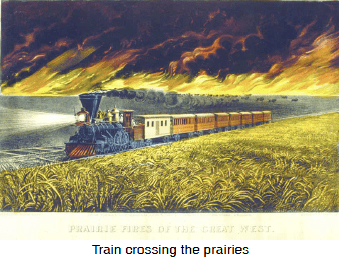
Some years ago I made a long study of just what objections had been raised against Mormonism in the past. From the beginning it was always the same. Nobody was really worried about polygamy, which was in fact a welcome stick to beat the Mormons with; the ferocious denunciations from press and pulpit, the incitement of mobs, and the stampeding of legislatures always rested on one thing alone—the incredible fact that in an age of modern enlightenment, universal education, and scientific supremacy there should be found coexisting with Christian civilization a community of primitives so ignorant, so deluded, and depraved as to believe in revelations from heaven and the operation of charismatic gifts.
“Sophic and Mantic,” Collected Works of Hugh Nibley 10:360-61
Two illustrations:
“It is impossible,” wrote the radical German Protestant theologian Rudolf Bultmann (d. 1976), “to use the electric light and the wireless and to avail ourselves of modern medical and surgical discoveries, and at the same time to believe in the New Testament world of daemons and spirits. We may think we can manage it in our own lives, but to expect others to do so is to make the Christian faith unintelligible and unacceptable to the modern world.
One is also reminded of the British philosopher John Stuart Mill’s brief discussion, in his classic 1859 essay On Liberty, of what he called “the remarkable phenomenon of Mormonism.” “Much might be said,” he wrote, “on the unexpected and instructive fact, that an alleged new revelation, and a religion founded on it . . . is believed by hundreds of thousands, and has been made the foundation of a society, in the age of newspapers, railways, and the electric telegraph.”
Posted from Istanbul, Turkey











